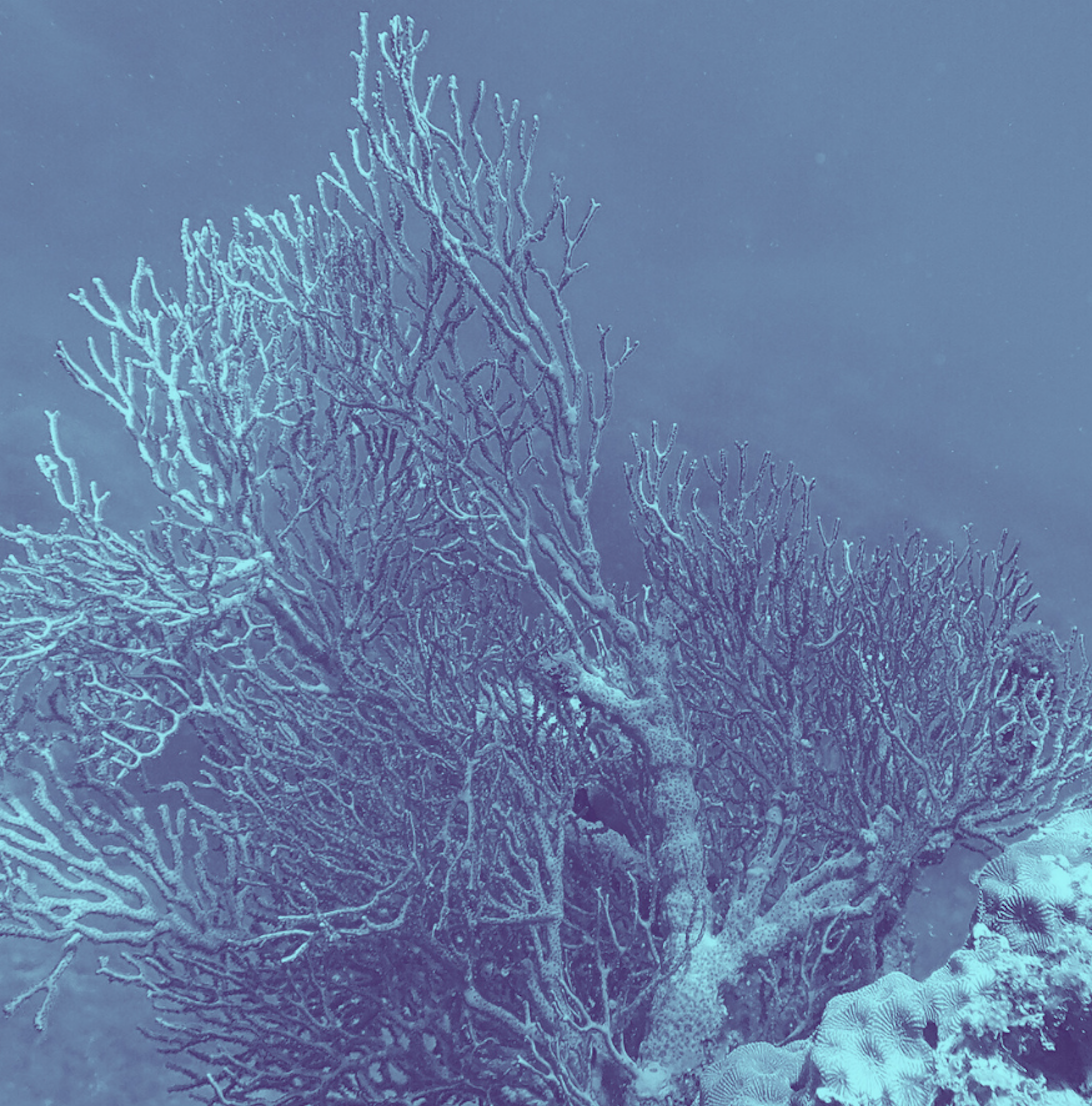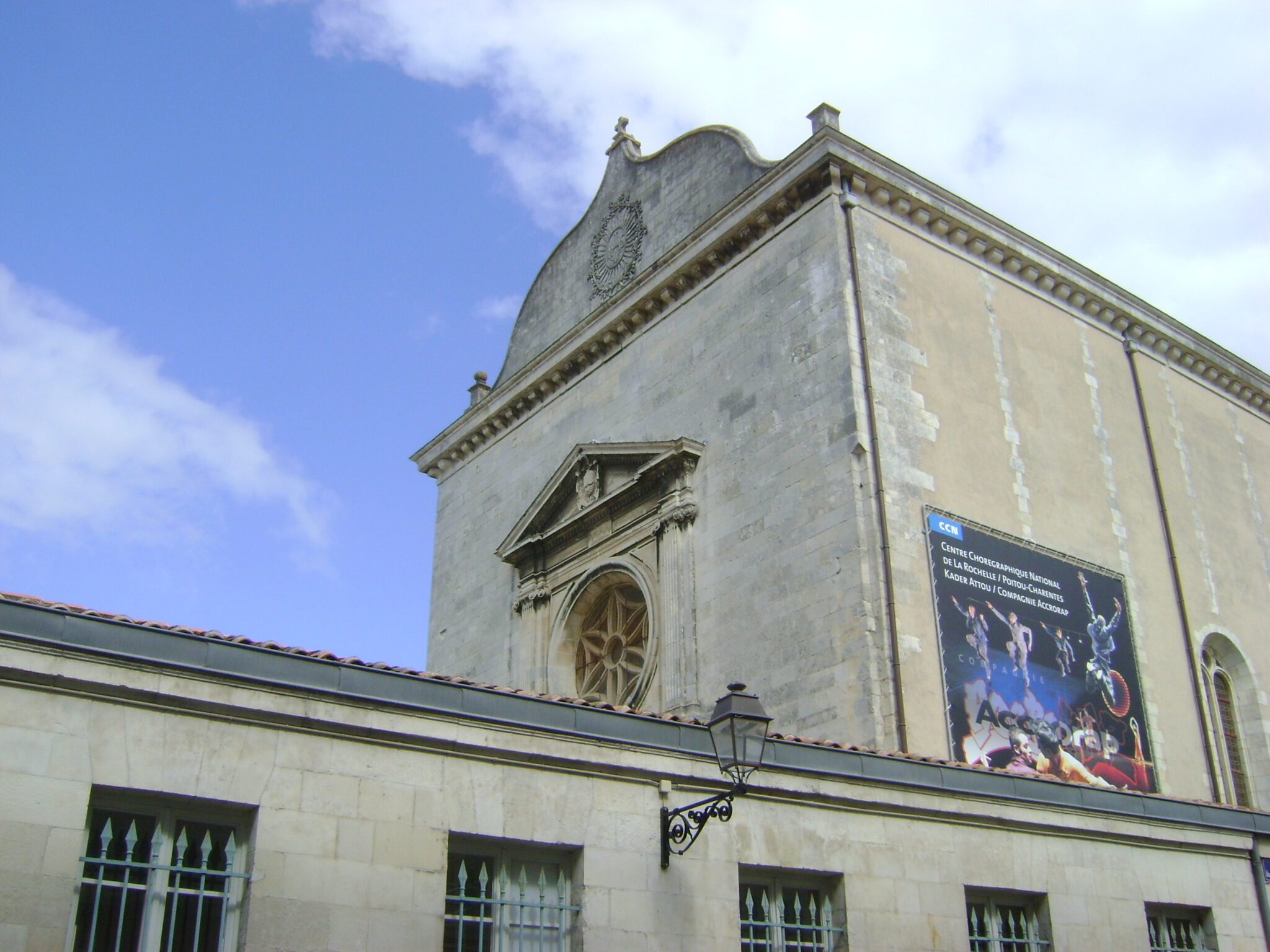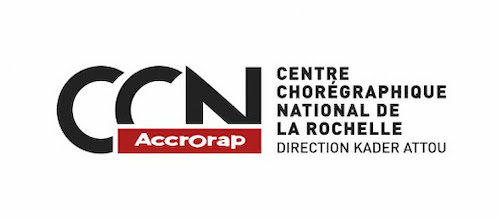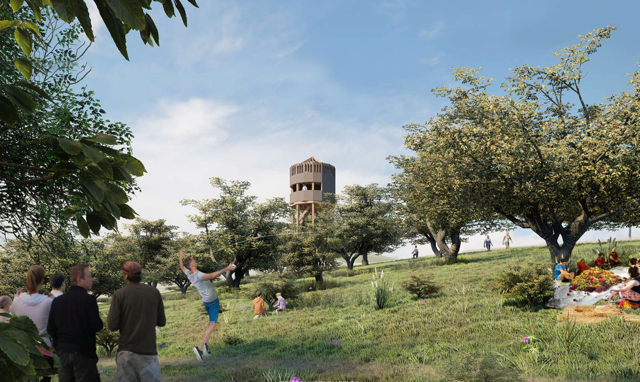
Call for entries: Deniz Villaları – Ecological Crossings
We’re delighted to announce our partnership with the Institut français de Turquie and the Goethe-Institut Türkei in their call for…

On March 12, 2021, Loic Fel and Joan Pronnier went to the Centre Chorégraphique National de la Rochelle, to initiate a training session “Integrating sustainable development in the site project.
Published on 10 March 2021
The proposed training had several objectives
The training team first introduced the main concepts of sustainable development and its application perimeters, put in the perspective of culture. This introduction was also an opportunity to highlight the process of ecological transition and solidarity experienced by other cultural industries (including the visual arts).
The day was then divided into three modules.
At the beginning of each thematic module, the training team begins by situating the theme of the module, before explaining the issues at stake each time by referring to examples in dance, live performance, or the creative industries.
Following the presentation, participants are invited to discuss and generate ideas that connect the module’s theme with their daily lives at SCC. A vote is then held to determine the most interesting ideas to implement.
MODULE 1: INTEGRATING TRANSITION INTO THE FUNCTIONING OF THE NCC STRUCTURE
This module focuses on the direct impacts of SCC on the environment.
The aim is to take a look at the main factors of energy consumption in the building, the transport policy, waste management and governance, while taking stock of the actions already carried out by the teams.
After presenting this notion of direct impacts supported by examples from the choreographic field (Sage Gateshead, Théâtre Royal de La Monnaie, Opera North, Théâtre National de Chaillot), the trainer suggests that the teams fill out “individual ideas” sheets.
MODULE 2: INDIRECT AND INDUCED IMPACTS OF DANCE PRODUCTION AND DISTRIBUTION
This second part focuses on the indirect and induced ecological impacts and challenges generated by the activity of the CCN de La Rochelle / Cie Accrorap. After having given examples in the world of the spectacle like Les Vieilles Charrues or the Festival of Thau, the speaker also underlines the cultural range of the choreographic production.
This raises the question of tracing the indirect and induced impacts of production and distribution (equipment, buildings, studios, recording facilities), as well as the impact of events (shows, tours and digital media).
Teams, in groups of 2, are asked to fill out “individual ideas” cards. These idea sheets then serve as the “actionable item” for the SCC. All the ideas are expressed below according to three axes: scenography, tours, contracts.
MODULE 3: PROSPECTIVE MODULE: THE CCN DE LA ROCHELLE AND THE FUTURE OF DANCE
The third and final module deals with innovation. It is a matter of asking the question of foresight and knowing how the professions will evolve by placing them in a sustainable perspective.
After presenting the recovery plan for cultural industries, the speaker presents recent innovations: Artificial Intelligence, different, futuristic and original uses of dance, etc.
A debate then opens on the major trends, the audiences, and the social role of dance.

We’re delighted to announce our partnership with the Institut français de Turquie and the Goethe-Institut Türkei in their call for…
Since 2022, as part of the Pays de l’Arbresle’s “Les murmures du Temps” art trail, Thierry Boutonnier has been sending…
Since 2022, as part of the Pays de l’Arbresle’s “Les murmures du Temps” art trail, Thierry Boutonnier has been sending…
